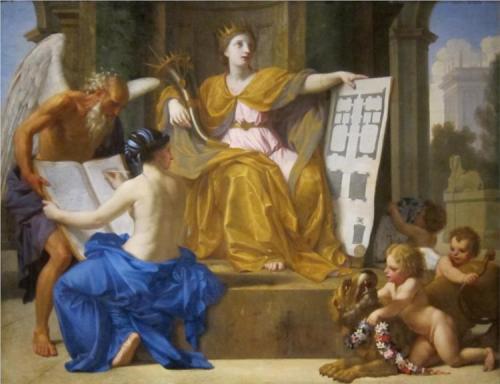Just another WordPress.com weblog
Month: September, 2019

________
a concerto is a movie, but for the ears,
one listens, rather than looks, for one’s
information
quite specifically, Beethoven introduces
drama into his inventions, where earlier
there’d been merely an invitation to the
dance, minuets, for instance, gigues, or
disparate, disorganized, appeals,
otherwise, to our more interior, whether
secular or mystical, emotions, see in
this context, for instance, early adagios,
heart-wrenching, melting often, odes
these, or the even slower largos, fit
neatly, however, into Beethoven’s
compositional scheme of things,
between the introductory allegros,
often con brio, and the closing,
and equally spirited rondos, by
becoming the pivotal element in
his intended musical evening, the
core of his narrative presentation,
the plangent centre of his three
part play, film
R ! chard

_________________
in order to abate my discomfort, my
consternation, after meeting up with
one of the candidates I considered
favouring in the upcoming election,
incontrovertibly, from the first few
notes, did the trick, took me out of
politics and the uncomfortable
present, into metaphysical
pertinence, and magic
I’d referred to the issue of blackface,
a searing issue at present in the
media, I said, what about Laurence
Domingo doing the very same Moor,
not to mention Al Jolson doing,
unforgettably, “My Mammy“
but picked up that neither the
candidate, nor his mentor, standing
by his side, had any idea what I was
talking about
Placido Domingo, I said, one of The
the aspiring representative indicated
a dim recollection, his accompanist
admitted to having nebulously heard
of him, them, somewhere
OMGess, I reared, I’m talking to the
next generation, maybe even the
generation after that, who have no
recollection, no understanding of
where I come from, it was, to say
the least, unsettling, discomfitting,
sobering
there was no one at home with whom
to commiserate when I arrived,
answering machines only at the end
of every line, I resorted, therefore,
not unwisely as it turned out, to the
a lifesaver
R ! chard

____________
my sister is not well, her situation,
though blessed throughout with
grace, is dire, in such moments I
turn to music for consolation, for
courage, and for a serene
acquiescence to whatever might
be the outcome, the hour that I
spend thus with her becomes in
that light a meditation, a mass,
a private prayer
I’ve lit a trinity of candles in her
honour, one nearby for our dad,
gone these already thirty years,
on something of an altar I’ve
fashioned, however all the while
unconsciously, about my
fireplace, by their flickering
silence, I find a place for
solemn contemplation
mind Haydn’s greatest
masterpiece, its subject is
self-explanatory, but you might
want to read again here what I
wrote about it earlier for
greater context
for which it had been originally
composed
R ! chard

____________
we have only our magnificence to
counteract the indignity of our
incarnation
a flower is itself its only existential
defence, its effervescence of
attributes – colour, grace,
intoxicating aroma – its
validating glory
choosing one’s dreams
R ! chard

_________
it’s funny, upon the imminent demise
of my only sister, I chose to listen to,
instinctively, for solace, Bruckner’s
everywhere in my apartment, at
dusk, like settings, for my somber
reveries
listen, you might understand why
Bruckner was a profoundly Catholic
composer, composing liturgical
works expressive of his profound
beliefs, fit, aurally, for, indeed,
cathedrals, ceremonial, arresting
his 7th, grand and utterly convincing,
is not an ineffective consolation, is
not an easily disregarded promise
of something, however ephemerally
manifested, beyond the meagre
aspirations of merely faith
and which finally produces an epiphany,
a human understanding, that just being,
just responding to our condition, within
the confines of our station, is,
eventually, nothing short of grace
art, in other words, is praying
R ! chard





